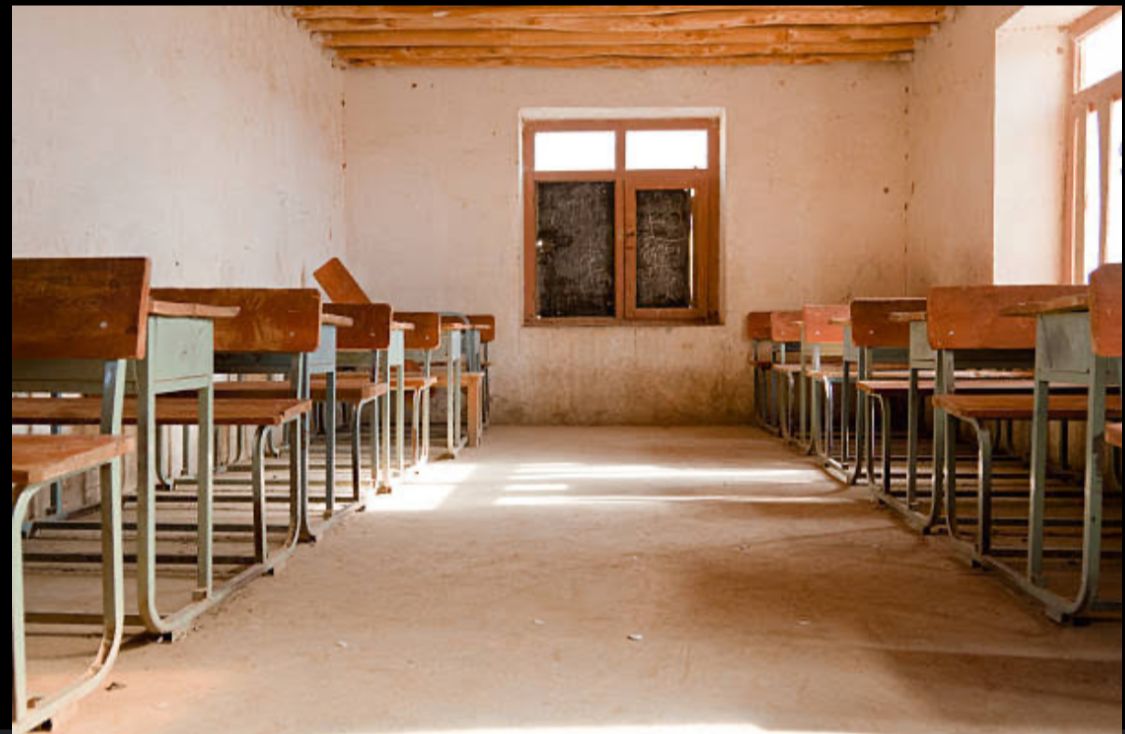Afghanistan’s schools reopened for the new academic year on March 22, but no classes were held. The education ministry did not make any public announcement of the reopening of schools, leaving many students and teachers unaware of the start. Additionally, hundreds of thousands of teenage girls remain barred from attending school, as Afghanistan is the only country in the world where girls are prohibited from going to secondary school. The Taliban has imposed an austere interpretation of Islam since storming back to power in August 2021 after the withdrawal of the US-led foreign forces that backed the previous governments.
The ban on girls’ secondary education came into effect in March last year, just hours after the education ministry reopened schools for both girls and boys. Taliban leaders, who have also banned women from university education, have repeatedly claimed they will reopen secondary schools for girls once “conditions” have been met, from obtaining funding to remodeling the syllabus along Islamic lines.
The international community has made the right to education for women a key condition in negotiations over aid and recognition of the current Taliban government. No country has officially recognized the Taliban as Afghanistan’s legitimate ruler. Afghanistan under the Taliban government is the “most repressive country in the world” for women’s rights, according to the United Nations.
The United Nations mission in Afghanistan (UNAMA) urged the authorities to lift the ban on girls’ education. “UNAMA reiterates its call to de facto authorities to reverse all discriminatory policies against women and girls,” the mission said on Twitter. “They not only impede the aspirations of half of the population but are causing great damage to Afghanistan.”
Women have been effectively squeezed out of public life, removed from most government jobs, or paid a fraction of their former salary to stay at home. They are also barred from going to parks, fairs, gyms, and public baths, and must cover up in public.
The start of the new academic year coincided with Nowruz, the Persian New Year, celebrated widely in Afghanistan before the Taliban returned to power but now considered “illegal” by the country’s new rulers. The situation in Afghanistan remains uncertain, with the Taliban government facing criticism for its restrictive policies and lack of progress toward improving the lives of the Afghan people.


